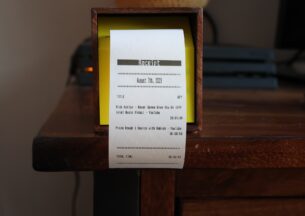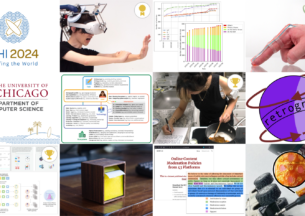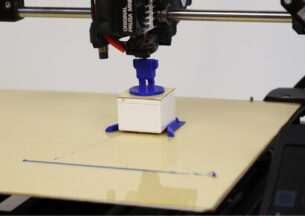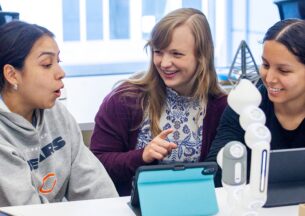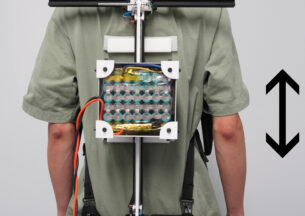New Faculty Junchen Jiang Combines Systems and Machine Learning
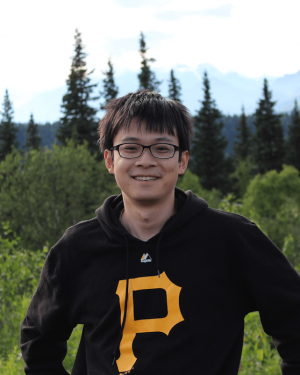
When someone streams a movie, TV show, or video call on today’s internet, it’s usually still a one-on-one conversation between device and content provider, built from scratch. With each use, an application tries to best utilize its existing network conditions, which can lead to loss of quality, buffering, or full drops when those parameters change. Providers can try to bolster their side of the exchange by scaling up their resources, but still largely deliver their data reactively in response to each user’s individual environment.
To find a new protocol for delivering better streaming quality, new UChicago CS assistant professor Junchen Jiang blended two distinct areas of computer science: networked systems and machine learning. Through work with companies such as Microsoft, Google, and Conviva, Jiang observed that content providers monitor performance metrics for the use of their internet applications, but rarely turn around that data to improve quality. In his PhD thesis at Carnegie Mellon University, he proposed a top-down, data-driven approach to optimization that can improve user’s quality of experience in streaming applications.
“What if we have visibility across millions of users, and when these users connect to the same network, they're actually probing what's happening in the network and provide a comprehensive view of the whole internet?” Jiang said. “Based on that information, you can map the internet and try to monitor where is the problem space, what are the hotspots, where are the performance bottlenecks. From there, it opens up a whole new area: Using a data-driven approach to solve networking problems.”
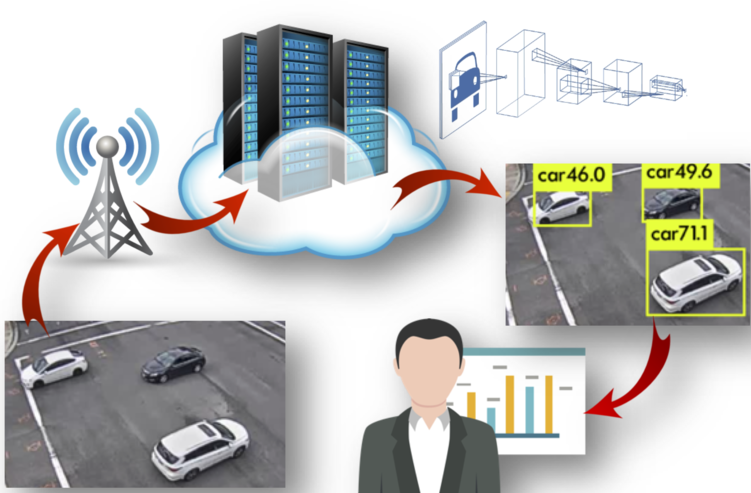
Jiang joins the University of Chicago this summer after a year with Microsoft Research, expanding his idea to new areas such as counterfactual analysis for anticipating the benefits and consequences of system architecture. Again, he sought to apply machine learning to a classic systems problem, adapting methods previously developed for targeting internet ads to help data centers improve their performance.
However, many of Jiang’s active research projects flip his previous formula around, instead applying insights from the networked systems literature to modernize machine learning. Currently, most algorithms for machine learning are designed to run on powerful hardware co-located with data storage. But smartphones, wearable devices, and autonomous vehicles have created demand for distributed and decentralized machine learning capabilities that still provide accurate and real-time feedback.
Jiang has started exploring this problem in the area of video analytics through his Chameleon project, a controller that dynamically selects the best settings for input video data to maximize accuracy while using fewer resources. He’s also interested in working with the Array of Things project, an urban sensing network built by UChicago and Argonne researchers that serves as a testbed for sensor and edge computing innovation.
Jiang said that projects like Array of Things and the opportunity to collaborate across specialties and with industry encouraged him to join UChicago CS.
“Having access to such platform is very beneficial to systems research and to transform abstract ideas into real world impact. Not many cities or universities have such initiative to deploy things, especially for research and exploratory purposes, “Jiang said. This is a good sign that doing systems research in Chicago can have an impact.”




